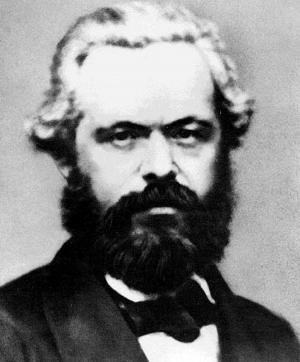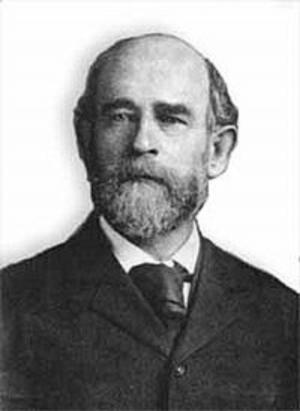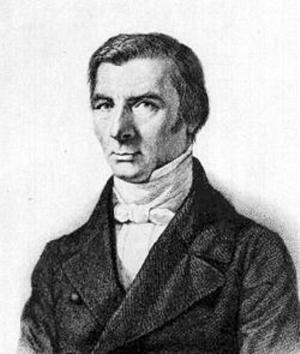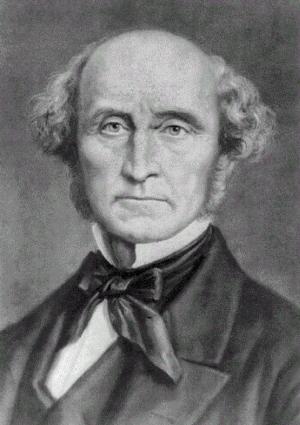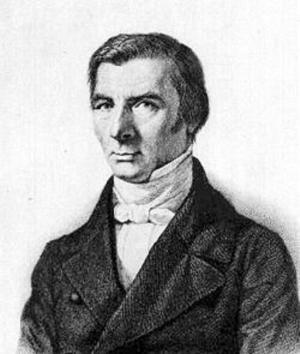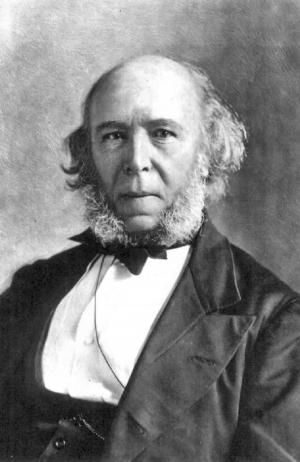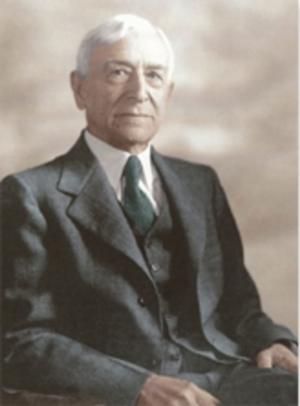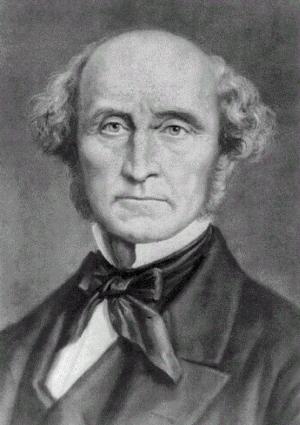| Author: | Herbert Spencer | ISBN: | 1230000272306 |
| Publisher: | AS Team | Publication: | October 4, 2014 |
| Imprint: | Language: | English |
| Author: | Herbert Spencer |
| ISBN: | 1230000272306 |
| Publisher: | AS Team |
| Publication: | October 4, 2014 |
| Imprint: | |
| Language: | English |
The book has an active table of contents for readers to access each chapter of the book.
Hebert Spencer coined the famous expression “survival of the fittest”.
Spencer’s theory inspired Andrew Carnegie and William Graham Sumner's visions of unbridled and unrepentant capitalism of the United States in late nineteenth-century. Carnegie interpreted Spencer's social theory as justifying merciless economic competition.
Spencer also said in the chapter The Right to Ignore the State of the book that “Government being simply an agent employed in common by a number of individuals to secure to them certain advantages, the very nature of the connection implies that it is for each to say whether he will employ such an agent or not.”
Spencer's reputation was not recovered for many years from the interpretative caricatures of many scholars, thus marginalizing him to the hinterlands of intellectual history. Fortunately, recent scholarship has begun restoring and repairing his legacy and theory.
This is a must book for readers who are interested in studying and correctly interpreting Spencer’s theory that can be simply coined by him as “survival of the fittest”.
The book has an active table of contents for readers to access each chapter of the book.
Hebert Spencer coined the famous expression “survival of the fittest”.
Spencer’s theory inspired Andrew Carnegie and William Graham Sumner's visions of unbridled and unrepentant capitalism of the United States in late nineteenth-century. Carnegie interpreted Spencer's social theory as justifying merciless economic competition.
Spencer also said in the chapter The Right to Ignore the State of the book that “Government being simply an agent employed in common by a number of individuals to secure to them certain advantages, the very nature of the connection implies that it is for each to say whether he will employ such an agent or not.”
Spencer's reputation was not recovered for many years from the interpretative caricatures of many scholars, thus marginalizing him to the hinterlands of intellectual history. Fortunately, recent scholarship has begun restoring and repairing his legacy and theory.
This is a must book for readers who are interested in studying and correctly interpreting Spencer’s theory that can be simply coined by him as “survival of the fittest”.

